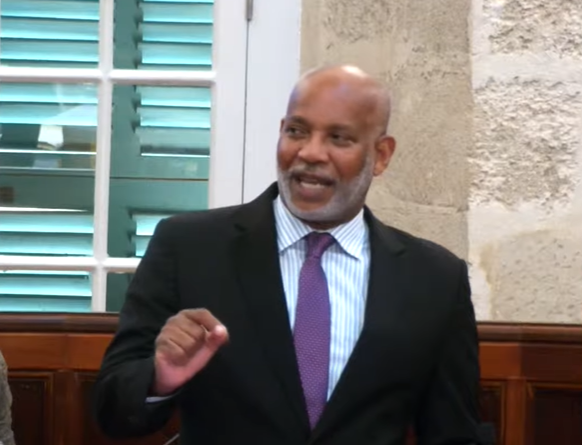The recent launch of full free movement among Barbados, Belize, Dominica, and St Vincent and the Grenadines marks a significant milestone in Caribbean regional integration. This initiative, which allows citizens of these nations to live, work, and study without bureaucratic obstacles such as skills certificates or work permits, has been hailed as a transformative step towards unity. However, it has also ignited a contentious debate over its legal and constitutional foundations. At the core of this debate lies a tension between policy-making and the rule of law. Attorney General Dale Marshall defends the initiative, asserting that it aligns with the existing Immigration Act and the CARICOM Protocol on Enhanced Cooperation. He emphasizes the discretionary authority granted to the immigration minister to determine the duration of stay for non-citizens. Prime Minister Mia Mottley’s decision to implement the policy ahead of parliamentary approval is framed as a pragmatic move to prevent potential disadvantages for citizens of the participating countries. The government has pledged to introduce legislation soon to solidify the arrangement’s legal standing. On the opposing side, the Barbados Bar Association (BBA) and the Democratic Labour Party (DLP) raise concerns about the constitutionality of the initiative. The BBA argues that executive discretion cannot override the legislature’s role in fundamental policy changes, particularly when altering individual rights and obligations. They stress that the Caribbean Community (Movement of Skilled Nationals) Act remains the primary domestic law governing free movement and that bypassing parliamentary approval undermines legal clarity. The DLP adds that policies, no matter how visionary, must adhere to legal frameworks to avoid setting unfavourable precedents. While the initiative is a bold step towards regional unity, its success hinges on balancing vision with legality. The government’s commitment to introducing legislation and engaging in public dialogue will be crucial in ensuring the policy’s legitimacy and long-term sustainability.
